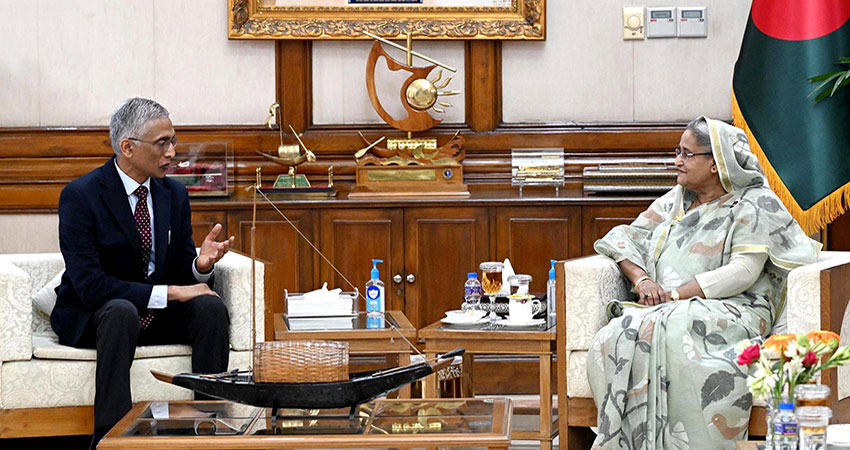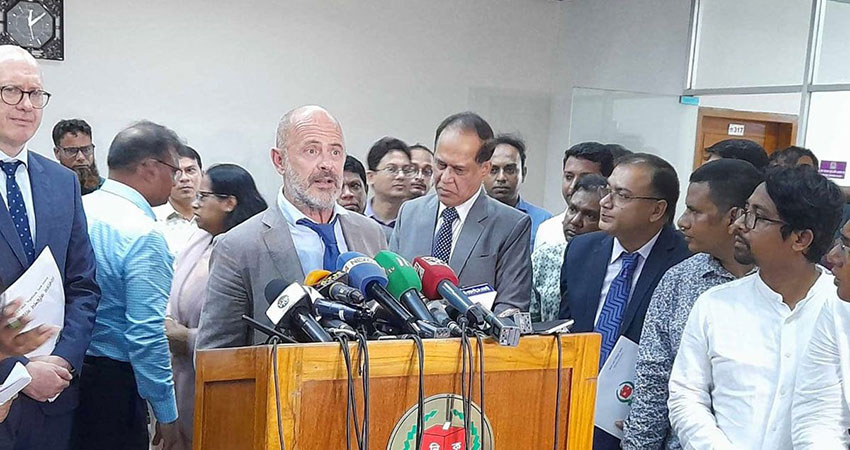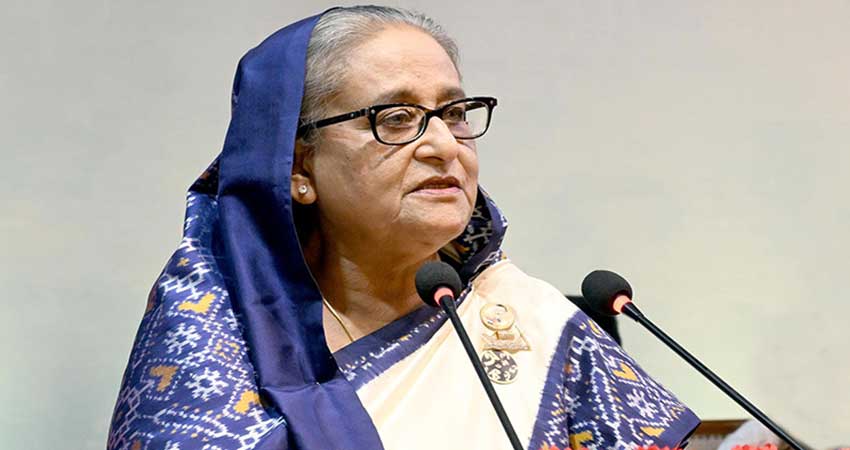The US Department of State's 2022 Report on International Religious Freedom has expressed concerns over the rights of minority religious groups in Bangladesh, as well as incidents of communal violence in the country.
Despite the country's constitution upholding the principle of secularism and prohibiting religious discrimination, the government has been accused of failing to adequately protect minority groups from violent attacks and land seizures.
In particular, Hindu, Christian, and Buddhist organisations have reported continued communal violence against their communities, with incidents including the damaging of a temple in a property dispute and the killing of a Buddhist monk.
Minority rights organizations have also criticized the arbitrary detention of community members on false charges of blasphemy under the Digital Security Act, as well as the government's monitoring of mosques for "provocative" messaging.
The report also notes concerns over the well-being of Hindus and Christians in the Muslim-majority refugee camps in Cox's Bazar, as well as the impact of social media in inflaming tensions against religious minorities.
The government also maintained its efforts to prevent militancy and monitor mosques for potentially "provocative" messaging by providing guidance to imams regarding the content of their sermons, added the report.
Across the country, numerous mosques, including the prominent Baitul Mukarram National Mosque in Dhaka, operated under the direct authority of the Islamic Foundation, with imams and employees receiving government funding it said adding that mosques not under the oversight of the Islamic Foundation functioned under the supervision of a governing committee, predominantly composed of local ruling party politicians and administrators.
Muslim leaders acknowledged the government's ongoing influence over the appointment and removal of imams, as well as its provision of sermon guidance nationwide.
To this end, the Bangladesh government issued written instructions highlighting specific Quranic verses and quotations from the Prophet Muhammad (PBUH), while urging imams to condemn extremism.
Consequently, religious community leaders revealed that imams in all mosques typically avoided delivering sermons that contradicted government policies.
However, in November, an unfortunate incident occurred in the Kushtia district, where individuals led by a local mosque's imam attacked members of the Baul community, resulting in injuries sustained by a Baul folk singer, the US report added.
The Bauls, a minority religious and cultural group renowned for their songs and poems, were targeted in the incident. Subsequently, 19 individuals were charged in connection with the attack, with 18 of them being granted bail by the court.
In response to these issues, the US Ambassador and other embassy representatives have called for the protection of minority religious groups and urged the government to foster a climate of tolerance.
The US has also provided over $265 million in humanitarian assistance funding for programs to assist Rohingya refugees and local host communities.
With ongoing concerns over the rights of minority groups and communal violence in Bangladesh, it remains to be seen how the government will respond to these issues going forward.
US report raises concerns over communal violence, minority rights in Bangladesh



















